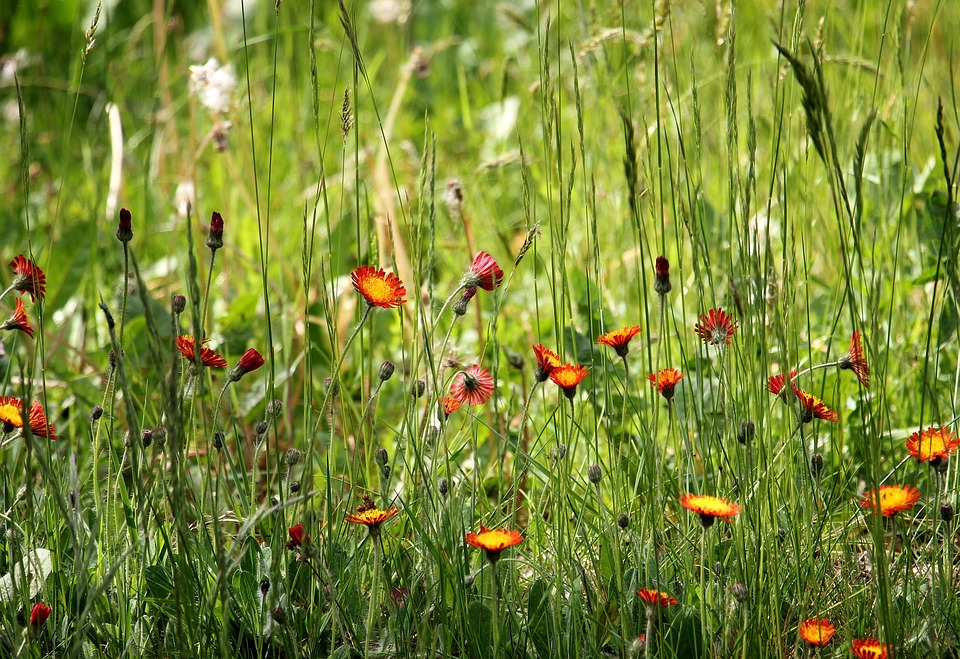Introduction
Having a beautiful yard doesn’t mean you have to compromise on eco-friendliness. With the right practices and techniques, you can maintain a stunning lawn while also protecting the environment. This article will guide you through some effective methods and tips for eco-friendly lawn care.
1. Water Conservation
One of the key aspects of eco-friendly lawn care is water conservation. Consider the following practices:
- Water your lawn during the early morning or late evening to minimize water evaporation.
- Use a rainwater collection system to capture and reuse rainwater for irrigation purposes.
- Install a smart irrigation system that adjusts watering based on weather conditions and soil moisture levels.
2. Use Organic Fertilizers
Traditional fertilizers usually contain harmful chemicals that can harm the environment. Opt for organic fertilizers instead, which are derived from natural sources and minimize the risk of water pollution. Organic fertilizers also improve soil health and promote long-term sustainability.
3. Natural Pest Control
Avoid using chemical pesticides that can harm beneficial insects and contaminate the soil. Instead, embrace natural pest control methods:
- Introduce beneficial insects like ladybugs, lacewings, and nematodes that feed on harmful pests.
- Practice regular maintenance, such as removing weeds promptly and ensuring proper aeration to reduce pest problems.
- Use organic pest control products like neem oil or insecticidal soap, which are safer for the environment.
4. Efficient Mowing Techniques
Proper mowing techniques not only promote a beautiful lawn but also reduce environmental impact:
- Set your lawnmower to a higher cutting height to encourage deeper root growth and retain soil moisture.
- Keep your mower blades sharp to ensure cleaner cuts, minimizing stress on the grass.
- Consider leaving grass clippings on the lawn to serve as natural fertilizer, saving time and reducing waste.
5. Native Plants and Biodiversity
Incorporating native plants not only adds beauty but also supports local wildlife and biodiversity:
- Select native plant species that adapt well to your region’s climate and require less water and maintenance.
- Create a diverse landscape by incorporating a variety of plants, flowers, and shrubs to attract beneficial insects and birds.
- Reduce or eliminate the use of non-native plants, as they may become invasive and disrupt the local ecosystem.
FAQs
1. How often should I water my lawn?
It is recommended to water your lawn deeply but infrequently, aiming for about one inch of water per week. This promotes deep root growth and reduces water waste.
2. Are organic fertilizers as effective as traditional ones?
While organic fertilizers may take longer to show results, they provide long-term benefits to the soil and overall lawn health. They are safer for the environment and do not contribute to water pollution.
3. Is it necessary to remove grass clippings after mowing?
No, it is not necessary. Grass clippings decompose quickly and act as a natural fertilizer. Leaving them on the lawn can help retain moisture and reduce the need for additional fertilizers.
4. How can I attract beneficial insects to my yard?
Plant native flowers, herbs, and shrubs that attract pollinators like bees and butterflies. Additionally, create suitable habitats such as bee houses or butterfly feeders, and avoid using harmful pesticides that can harm beneficial insects.
5. Should I use a reel mower or a gas-powered mower?
A reel mower is an eco-friendly option as it does not rely on fossil fuels and generates no emissions. However, its effectiveness may depend on the size of your lawn. For larger lawns, electric or battery-powered mowers are good alternatives to reduce environmental impact.




